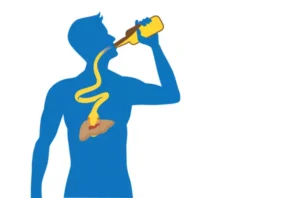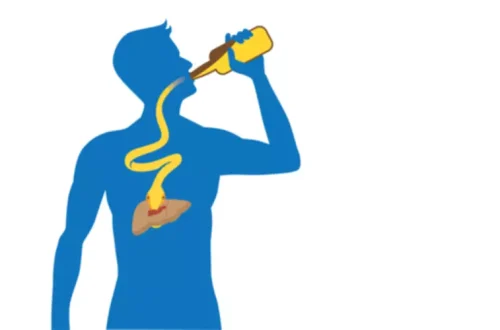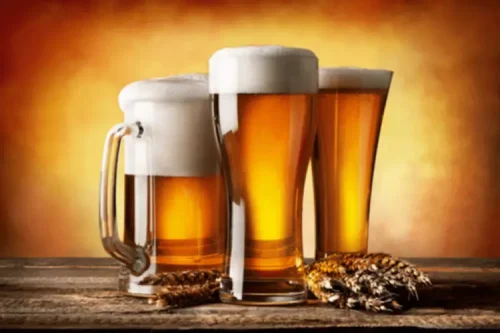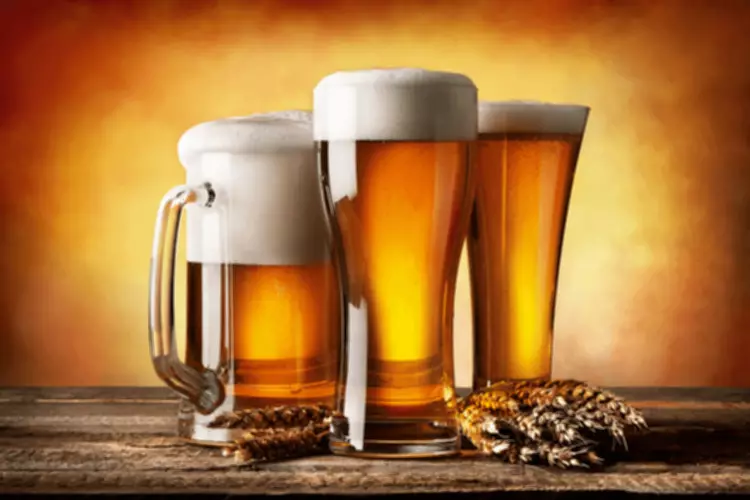Myths about drinking alcohol: MedlinePlus Medical Encyclopedia

Although people turn to alcohol to reduce anxiety, distract their minds, and boost their moods, it’s https://ecosoberhouse.com/ important to remember that alcohol is ultimately a depressant. In addition to the physiological effects, the fallout from drinking is a stress of its own. “The things that happen when you’re drinking often cause anxiety,” said McKowen.
Myth 4 (for women)
Drinking impairs your judgment, which increases the likelihood that you will do something you’ll later regret. It increases the chance that you will cause harm to others and/or not be aware of potential dangers around you. Critical decision-making abilities are already diminished long before a person shows physical signs of intoxication. So, from a technical standpoint, the type of liquor you drink probably doesn’t affect your behavior. Studies of alcohol effects on motor and cognitive functioning have shown the individual differences in responses to alcohol are related to the specific types of effects that drinkers expect. In general, those who expect the least impairment are least impaired and those who expect the most impairment are most impaired under the drug.

Black coffee or a cold shower sobers a drunk.

However, while reduced inhibitions might make you more talkative and outgoing, it doesn’t necessarily mean you’re socializing in the healthiest way. If you want to enjoy the heart-boosting benefits of flavonoids, opt for fruits and vegetables—such as onions, kale, grapes, tea, peaches, tomatoes, and broccoli—over wine. Rather than being cardioprotective, alcohol is detrimental to your heart health, longevity, and overall well-being. Honesty is crucial, so start by telling the truth to yourself. If you’re struggling with alcohol in some way and considering a life of sobriety, remember that “you are not the problem,” said McKowen. “Alcohol is the problem. This is a profoundly effective drug.”

You can only hydrate with water
That doesn’t mean you can’t have a couple of drinks and still be able to drive, but it does mean that you’ll want to reconsider your own timing. Black coffee and cold showers only produce wide-awake drunks. There is no known way of speeding the metabolic process of eliminating alcohol from the body. Drinking responsibly doesn’t just come down to the amount you consume, myths about alcoholism but also how you consume it. You may hear a lot of tales around how to make drinking “easier” or “healthier,” but in reality, there aren’t any shortcuts or magic tricks out there.

- It also dehydrates the body, reduces endurance, and interferes with energy metabolism, all of which can negatively impact physical performance and overall athletic abilities.
- So adjusting to sobriety often includes building new friendships with other sober people.
- All you’re doing is adding more toxins to your body that’s already working overtime to clean out the alcohol you’ve already consumed.
- That doesn’t mean you can’t have a couple of drinks and still be able to drive, but it does mean that you’ll want to reconsider your own timing.
- A 2019 study of alcohol use in England found that people in professional managerial jobs had more occasions to drink than manual workers, casual workers, and unemployed people.
- However, while reduced inhibitions might make you more talkative and outgoing, it doesn’t necessarily mean you’re socializing in the healthiest way.
We know much more about the effects of alcohol today than in the past. Learn the facts about alcohol use so you can make healthy decisions. The consumption of water maintains proper kidney functions, keeps the whole body healthy, and does not do anything magical in the cleansing out of toxins. The liver and kidneys naturally filter the detrimental substances in detoxifying the body. Drinking too much water will not help speed up this natural process, though the body will support the functions of those kidneys when hydrated properly. If you decide to drink on a special night out, aim to stop at least four hours before bed to reduce the impact of alcohol on your sleep.

These effects can also impact the safety and well-being of people around you. The stakes are high this year, and our 2024 coverage could use continued support. You have been around someone who gets argumentative, emotional, or angry after a few too many glasses of wine. It’s increasingly common for someone to be diagnosed with a condition such as ADHD or autism as an adult.
And if you are under 21, driving after drinking any amount of alcohol is illegal and you could lose your license. Critical decision-making abilities and driving-related skills are already diminished long before a person shows physical signs of intoxication. Understanding alcohol’s risks and effects on the body can help you better assess your own consumption habits.
Myth #5: Alcohol doesn’t affect your athletic performance.
Actually, Americans drink almost ten times as much beer as they do “hard” liquor. Although the content of alcohol in beer is relatively low, this means that one-half the alcohol drunk is consumed as beer. Given these facts, it seems reasonable to say that there are many alcoholics who are only beer drinkers. Alcohol use disorder is a complex medical condition affecting the brain.

댓글을 남겨주세요
Want to join the discussion?Feel free to contribute!